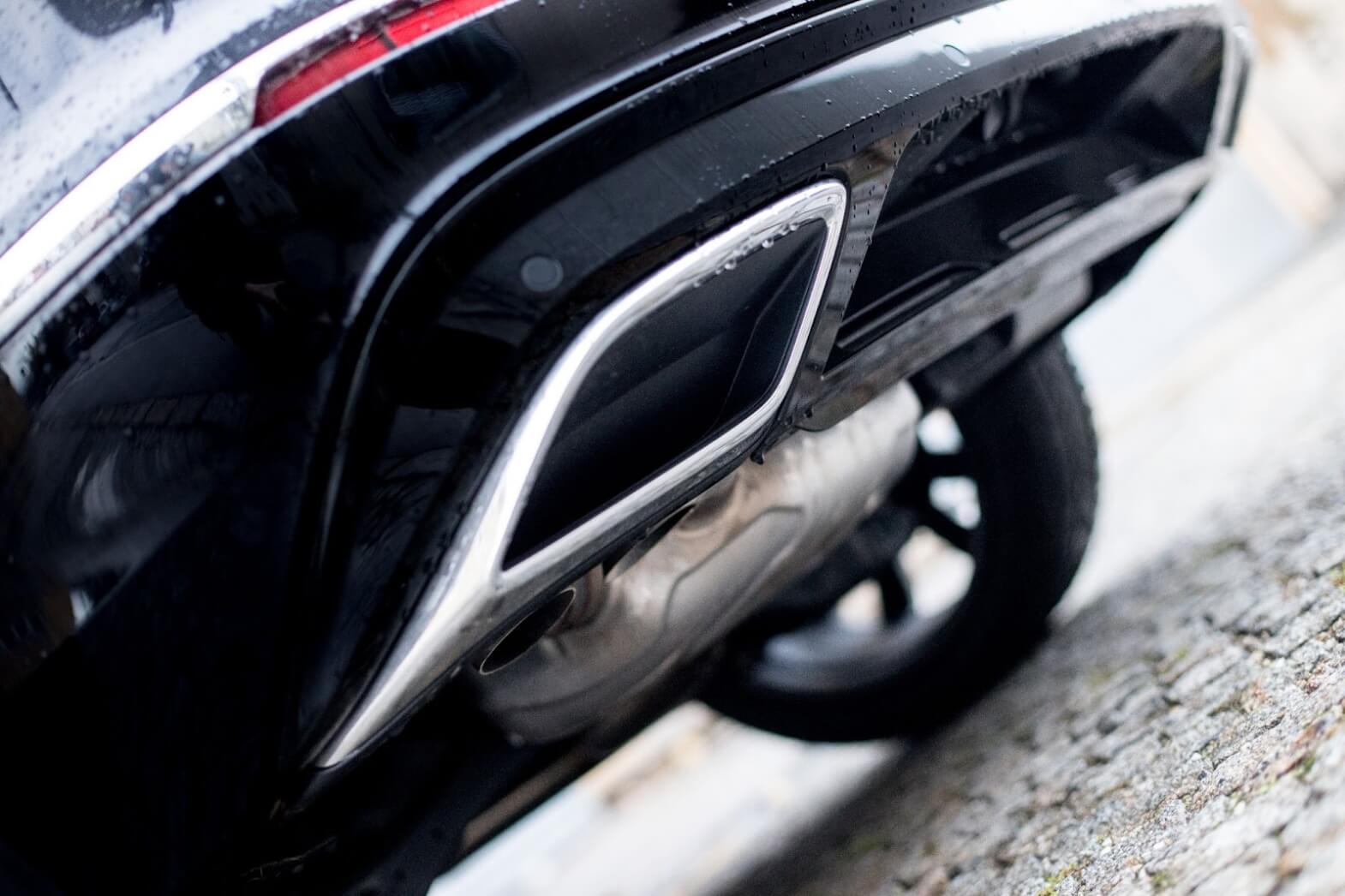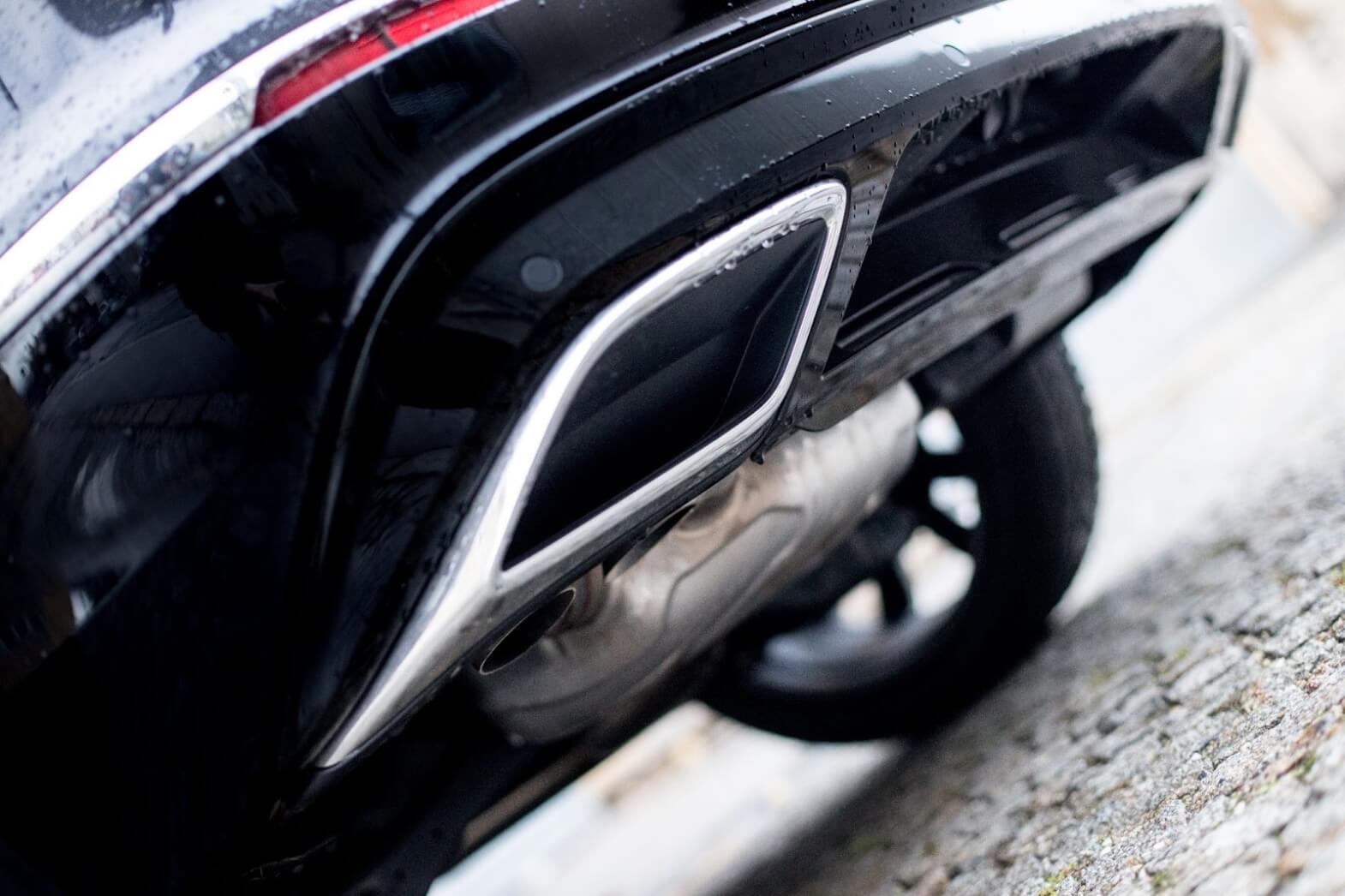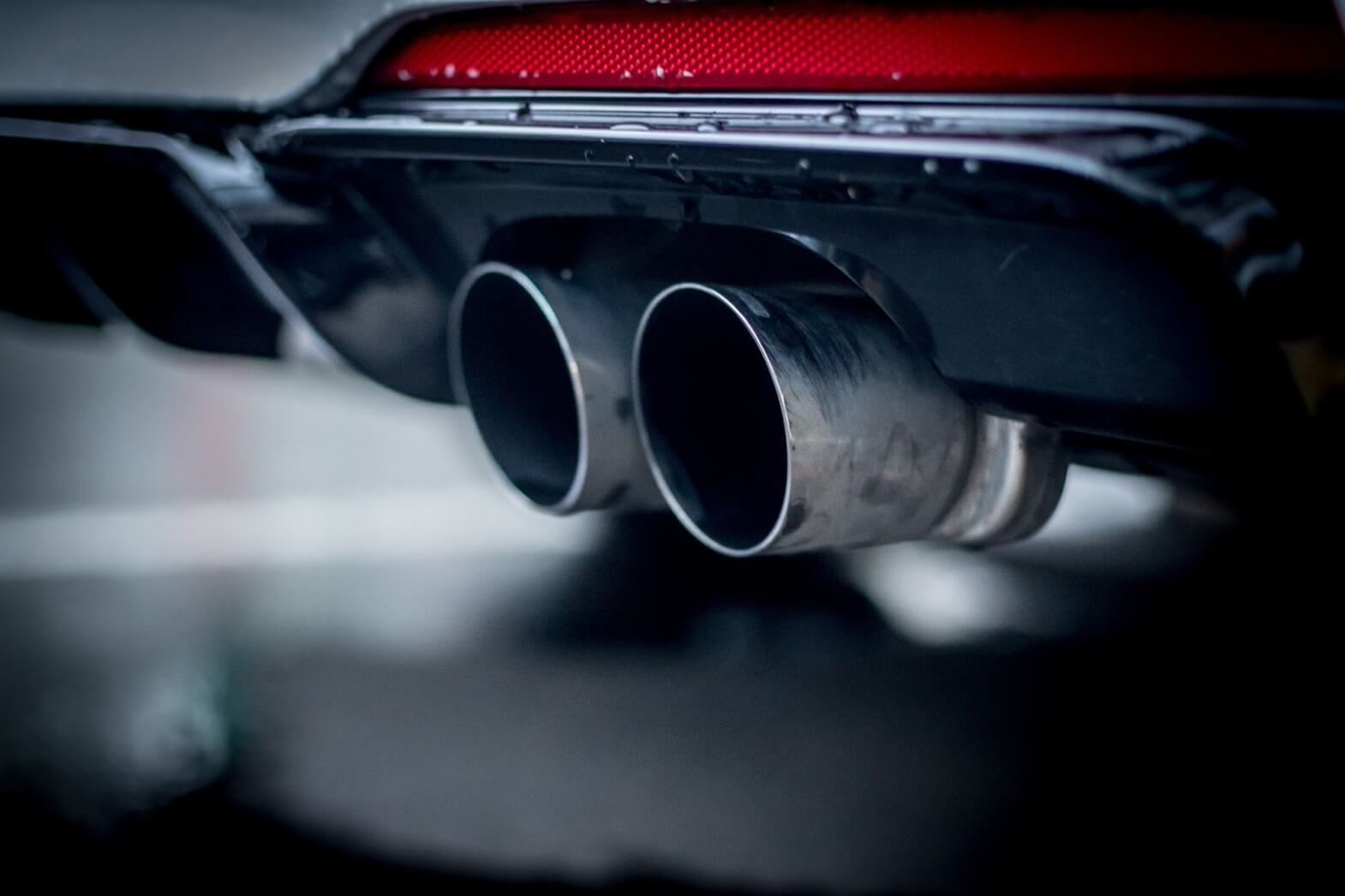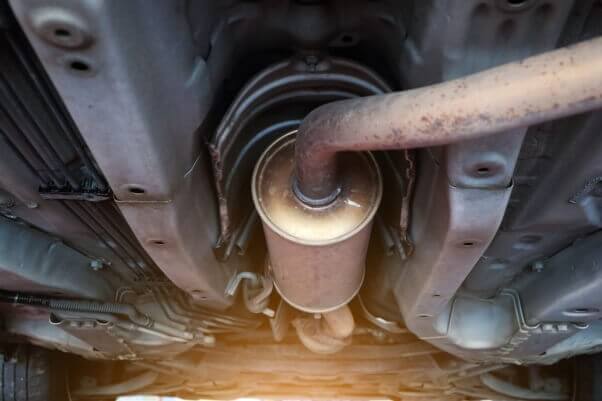Prices for scrap BMW 5 Series 2017 Catalytic Converters (11 results)
Catalytic Converter Scrap Prices from BMW 5 Series - December 23, 2024
- Used Diesel catalytic converter from BMW 5 Series: 27 USD – 405 USD
- Used Gasoline catalytic converter from BMW 5 Series: 26 USD – 341 USD
- Used Ceramic catalytic converter from BMW 5 Series: 27 USD – 405 USD
- Used Metal catalytic converter from BMW 5 Series: 26 USD – 240 USD
- Used DPF catalytic converter from BMW 5 Series: 40 USD – 405 USD
The Ultimate Guide to the 2017 BMW 5 Series Used Catalytic Converters
The BMW 5 Series, especially the 2017 model, is a marvel of engineering. But did you know that beneath its sleek design lies a component that could be worth its weight in gold? We're talking about the car catalytic converter.
Understanding the BMW 5 Series (2017): A Quick Overview
- Body Number: The 2017 BMW 5 Series typically comes with the body number G30, marking its seventh generation.
- Engine Variants: In 2017, the 5 Series was available with a variety of engines:
- B48 - A 2.0L petrol engine.
- B58 - A 3.0L petrol engine.
- B47 - A 2.0L diesel engine.
- B57 - A 3.0L diesel engine.
- Fuel Types: Depending on the engine runs on either petrol or diesel.
- Model Modifications: The 2017 BMW 5 Series saw several model modifications, including the 530i, 540i, 520d, and 530d, each tailored to different global markets and customer preferences.
Why is the Catalytic Converter So Valuable?
The car catalytic converter plays a crucial role in reducing harmful emissions. But its value doesn't just lie in its environmental contributions. Inside, it contains precious metals like platinum, palladium, and rhodium. These metals, especially in a used catalytic converter, can fetch a significant price on the market.
Calculating the Value of Your Used Catalytic Converter
Catalytic converters are essential automotive components responsible for reducing the harmful emissions from vehicle exhaust. While seemingly simple in design, the value of a catalytic converter can be influenced by a myriad of factors. For the purpose of this discussion, however, we'll focus exclusively on three core determinants: the converter's composition, the current market prices of precious metals, and the condition of the used car catalyst.
1. Composition: The Platinum, Palladium, and Rhodium Factor
At the heart of a catalytic converter's value is its composition. Converters are constructed with a ceramic core that is coated with a mix of precious metals. These metals, primarily platinum, palladium, and rhodium, play a crucial role in facilitating the chemical reactions that reduce vehicle emissions. Their presence and concentration significantly influence the converter's price:
- Platinum (Pt): Known for its resistance to corrosion and high melting point, platinum acts as a catalyst to reduce harmful nitrogen oxides in the exhaust.
- Palladium (Pd): Palladium plays a vital role in oxidizing harmful hydrocarbons and carbon monoxide into less detrimental carbon dioxide and water vapor.
- Rhodium (Rh): The most expensive of the three, rhodium primarily aids in the conversion of nitrogen oxides into nitrogen and oxygen.
The proportion and amount of these metals in a converter can vary depending on the manufacturer, vehicle type, and emission standards. In general, the higher the concentration of these metals, the more valuable the converter.
2. Price of Precious Metals: The Market’s Pulse
The global market for precious metals, much like any commodity, is influenced by a range of economic, geopolitical, and industrial factors. The prices of platinum, palladium, and rhodium can fluctuate dramatically based on:
- Supply and Demand Dynamics: Mining disruptions, increased industrial usage, or shifts in investor interest can all affect supply and demand, leading to price changes.
- Geopolitical Events: Political unrest or policy changes in major mining countries can impact the production and, consequently, the price of these metals.
- Technological Innovations: Advances in technology or alternative emission control solutions might decrease or increase the demand for these metals, influencing their market price.
For those trading, buying, or recycling catalytic converters, staying updated on the current market prices of these metals is essential.
3. Condition of the Used Car Catalyst: A Matter of Efficiency
The condition of a used catalytic converter can significantly impact its value. Over time, due to factors such as contamination, physical damage, or simple wear and tear, the efficiency of the converter may degrade. This reduces the amount of recoverable precious metals and, hence, its overall value. Converters that are in excellent condition, free from contaminants and physical damage, will retain a higher proportion of their metals and, consequently, fetch a better price in the market.
Where to Sell Your Used Catalyst for Recycling
The best way to get the most accurate price and sell your used catalytic converter is through AutoCatalystMarket.com or the AutoCatalystMarket Pro app. These platforms connect you with local catalyst buyers, ensuring you get the best deal for your used catalyst.
Pain Points:
- Environmental Concerns: Throwing away your used catalytic converter contributes to environmental waste. Recycling it is a green solution.
- Missed Financial Opportunity: Not selling your used converter means missing out on a potential cash windfall.
- Storage Issues: Keeping a used converter around takes up space. Why store when you can sell?
Why Choose AutoCatalystMarket?
- Best Prices: Get the most competitive rates for your 2017 BMW 5 Series catalytic converter.
- Easy Process: With just a few clicks, you can list your converter and connect with local catalyst buyers.
- Eco-friendly: By selling on AutoCatalystMarket, you're ensuring your converter is recycled responsibly.
Conclusion
Your BMW 5 Series (2017) it's a potential goldmine waiting to be tapped. Don't let the opportunity slip away. Dive into the world of catalytic converter recycling and turn that used catalyst into cash today!


































































































































